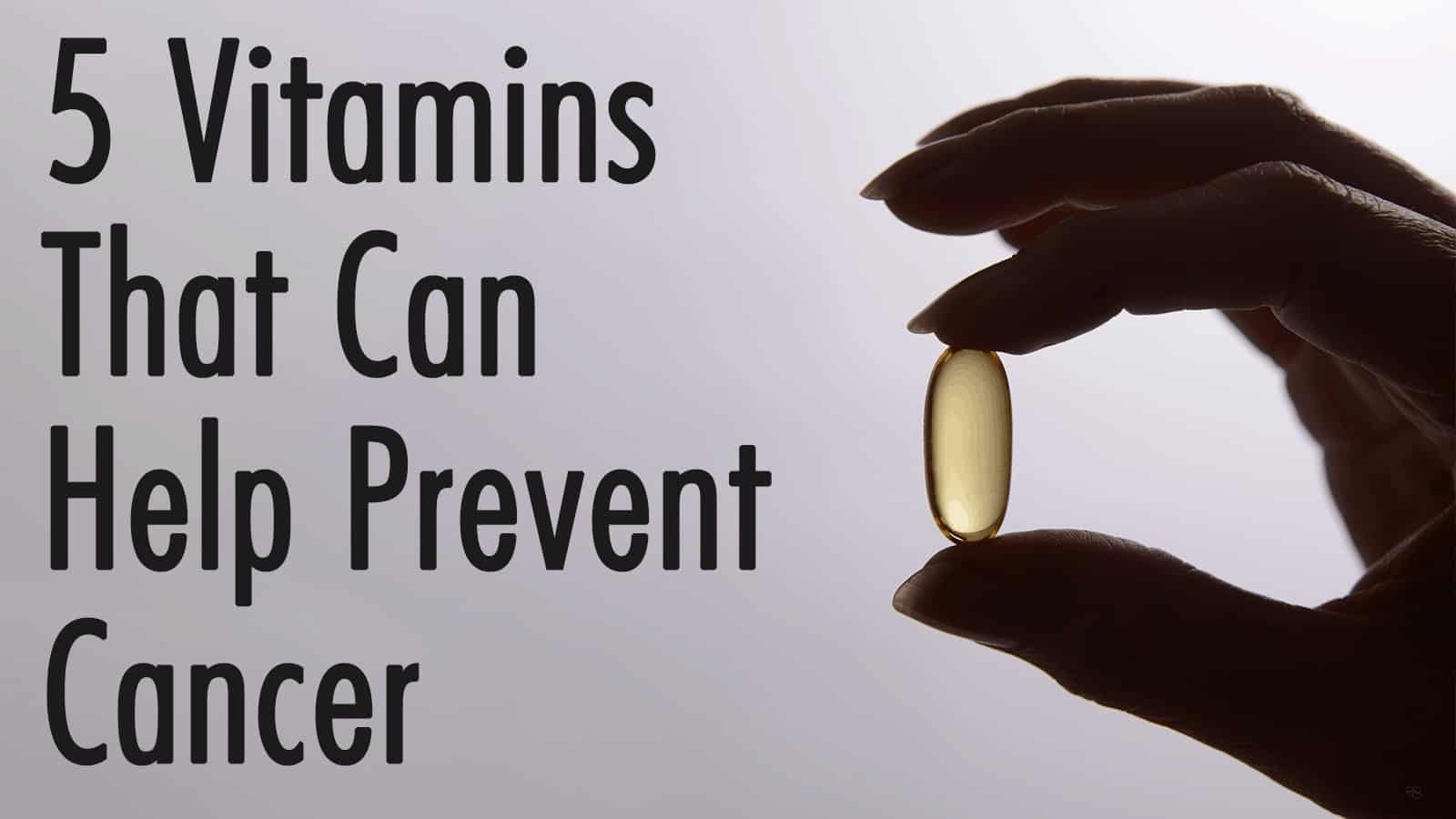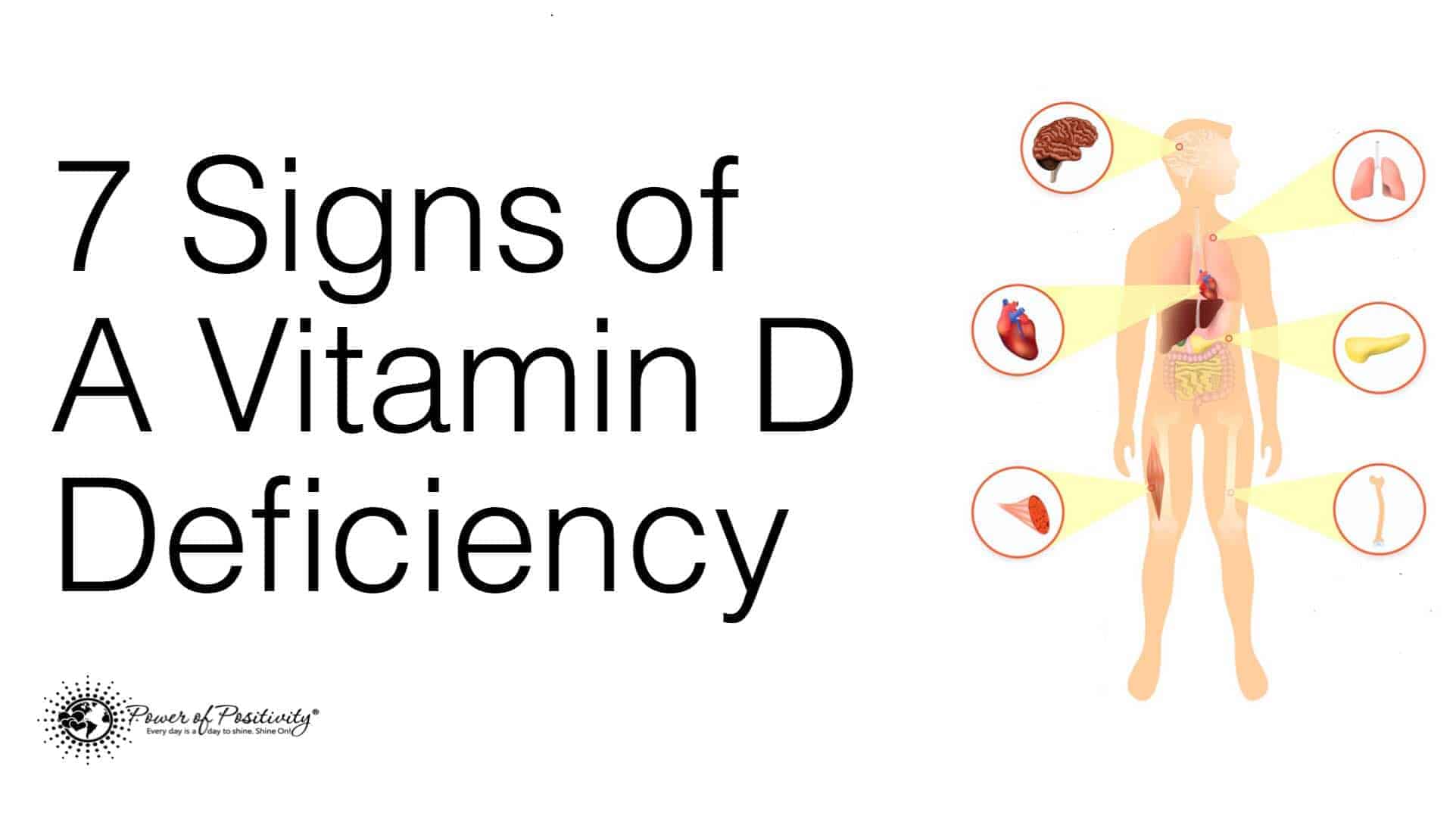Vitamins to Help Prevent Cancer…Interesting!
The World Health Organization estimates that one out of every six deaths is attributable to cancer. In 2017, the number of new cancer cases reported reached nearly 1.7 million. In this same year, cancer claimed the lives of over 600,000 people.
Many doctors won’t admit it, but many cancer treatments do little to eradicate the condition. Consider chemotherapy, for example. It is probably the most widely prescribed treatment of adult cancer in the world. Want to guess the success rate of chemotherapy? (Hint: it’s far, far lower than what you think.)
2 to 3 percent. That’s it. Put another way, chemotherapy fails 97 to 98 percent of the time. Take into account the horrible side effects of the treatment, and it’s little wonder why more cancer patients might choose a different route.
Potential Causes of Cancer
You will likely not be surprised to hear that cancer can be caused from a vast number of factors. The most common include tobacco use, nutrient deficiencies, poor diet, lack of exercise, and sexually transmitted diseases. Other causes might be exposure to toxins, alcohol abuse, being overweight or obese, and – to an extent – genetic predisposition.
When you read the list, you’ll notice we have some control over many of the leading causes of cancer. In other words, we might, in some cases, prevent it. For example, tobacco use bears responsibility for about 22 percent of all cancer deaths globally. This numbers roughly 132,000 people in 2017 alone.
Role of Vitamins and Nutrients to Prevent Cancer
(Note: Before beginning any new vitamin regiment, please consult your wellness advocate!)
“An ounce of prevention is worth a pound of cure.” – Benjamin Franklin
As mentioned, diet plays a key role in cancer prevention. Eating a well-balanced diet and getting regular exercise can effectively eliminate two risk factors. Being overweight and obesity.
With this in mind, let’s discuss five vitamins and nutrients that can help prevent cancer:
1. Vitamin D
Research shows that people who get regular amounts of vitamin D have a lower risk of cancer. Predictably, a high number of people in developed countries do not get enough of this crucial vitamin.
Over 90 percent of the average person’s vitamin D comes from sunshine. Fatty fish, low-fat milk, orange juice, cereals, beef liver, cheese, and egg yolks are all good sources of ‘D.’ You can also find plenty of high-quality vitamin D supplements.
2. Omega-3 Fatty Acids
Chronic inflammation has been linked to the growth of multiple cancers. Unhealthy inflammation suppresses the immune system, which puts us at a higher risk of developing all sorts of ailments.
Omega-3 fatty acids act as a natural and potent anti-inflammatory. Also, they may reduce the risk of cancer. In a 2015 study, women who regularly consumed EPA and DHA, two forms of omega-3’s, had a lower incidence of breast cancer than women who did not.
3. Vitamins A, C, and E
Vitamins A, C, and E are potent antioxidants. The National Cancer Institute informs us that these vitamins eliminate harmful free radicals. If free radicals are at high levels, they can damage cellular components, including cell membranes, DNA, and proteins. This may expedite the development of cancer.
Laboratory studies show that antioxidants, including vitamins A, C, and E, prevent the variety of bodily damage caused by the formation of free radicals. As a result, many researchers believe that antioxidants may fight the growth of cancerous tumors. Of course, they must be taken on a consistent basis.
4. Polyphenols
Polyphenols are plant chemicals known to act as antioxidants and anti-inflammatories. Some research shows that drinking green tea, which is a powerful source of polyphenols, may significantly reduce the risks of various types of cancer. This includes cancer of the breast, bladder, esophagus, ovaries, and pancreas.
The only caveat is that green tea extracts do not appear to be of particular help. Consuming high-quality, sugar-free green tea may be the best option. If you take prescription medications, be aware that the properties of green tea may cause interactions. Please be sure to do some research or consult with your doctor.
5. Curcumin
Curcumin is the active ingredient of turmeric, a common spice used in many Indian dishes. Studies show curcumin to have potent anticancer properties. They can potentially neutralize cancer cells and prevent more from growing. To date, curcumin has proved effective against bowel cancer, breast cancer, skin cancer, and stomach cancer.
Curcumin also serves as a powerful anti-inflammatory agent. It may naturally boost the levels of antioxidants in the body. Finally, curcumin may increase the number of neuronal connections in the brain. This may help delay or possibly reverse age-related cognitive decline.
Final Thoughts:
There are many naturalists who argue that CBD can be beneficial if taken in the right dose. This CBD vape guide is one of the best we have come across that will help you understand the dose. We face numerous factors in this world over which we have little control. We can remain positive, however, knowing we do have control over other aspects of our health and well-being. If improving your diet with these vitamins can help to discourage or prevent cancer, they’re worth a try, right? Try the ounce of prevention that Franklin suggested. It might save you needing the pound of cure later.

















